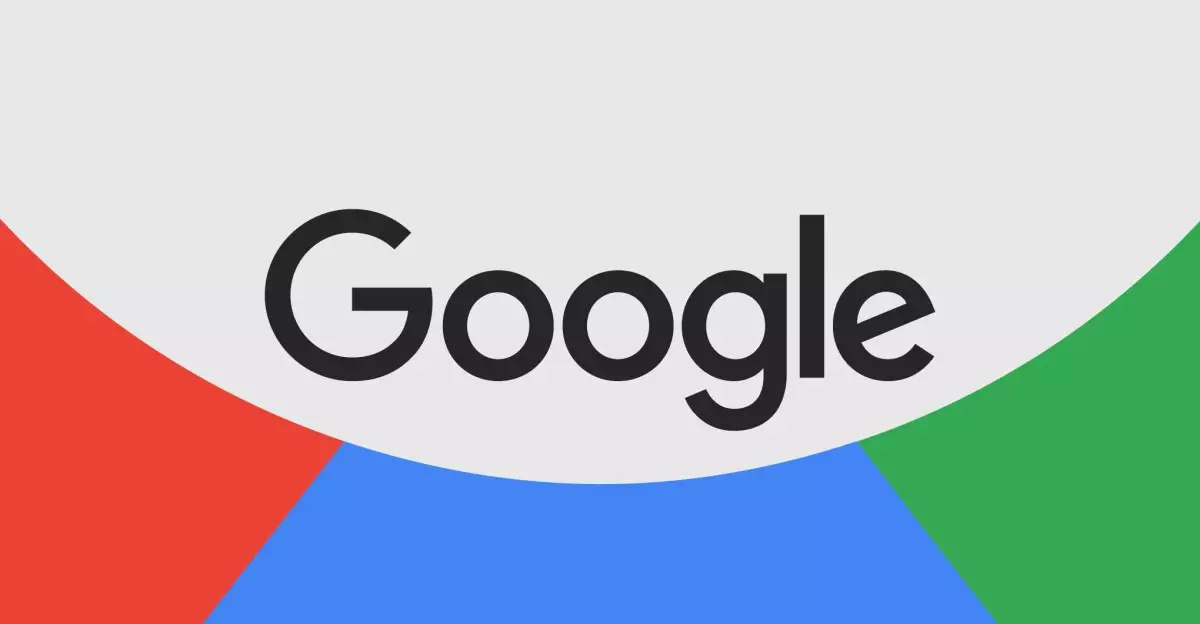In recent months, Google Calendar has found itself at the center of a heated debate after users discovered that several culturally significant observances were no longer marked by default. Notably, events that celebrate diversity and heritage, such as Pride Month and Black History Month, have been eliminated from the calendar platform. This change has spurred criticism and outrage among a segment of users, prompting questions about Google’s commitment to inclusivity and representation.
User frustration has manifested in various forms across social media platforms, with many expressing that the removal feels like a step backward for cultural recognition. One user labeled the decision “shameful,” alleging that it reflects a capitulation to regressive ideologies. As external pressures mount, commentators have been vocal about their disappointment in a technology giant that historically prided itself on promoting a diverse set of values. The removal of these observances raises important questions about who gets included in our shared cultural narratives, particularly when such decisions seem to minimize celebrations of identity and community.
In response to the criticism, Google provided insights into the decision-making process through spokesperson Madison Cushman Veld. The company explained that it has worked with timeanddate.com for over a decade to display public holidays and national observances within Google Calendar. A few years ago, Google’s Calendar team attempted to broaden its scope by incorporating additional cultural events from various countries. However, managing this expanded list became challenging, as feedback indicated that some notable events were still absent, leading to inconsistencies in representation.
As a result, Google reverted to a model that only includes default entries for public holidays and national observances while encouraging users to manually curate and add other significant dates that matter to them. This approach, while seemingly practical, raises the question of whether the platform is adequately representing the diverse tapestry of global cultures and experiences.
The implications of Google’s decision extend beyond mere calendar functionality. It signals a potential shift in how technology companies navigate cultural representation in their platforms. Given the growing public awareness surrounding social justice and equity, many users expect that tech giants like Google will lead the way in recognizing and supporting a variety of cultures and histories. As society progresses towards greater inclusivity, tech companies must question how they can better approach the representation of diverse identities.
Ultimately, while Google’s rationale for simplifying its default calendar entries may be rooted in logistical challenges, it highlights an important conversation about cultural representation. Users are not merely calling for the reinstatement of removed events; they are advocating for a platform that honors all aspects of the human experience. As we move forward, it becomes imperative for tech companies to ensure that their products reflect the diversity of the world we live in—one where every heritage and identity holds significance. If not, they risk alienating users who seek acknowledgment and validation for their contributions to the cultural narrative.

